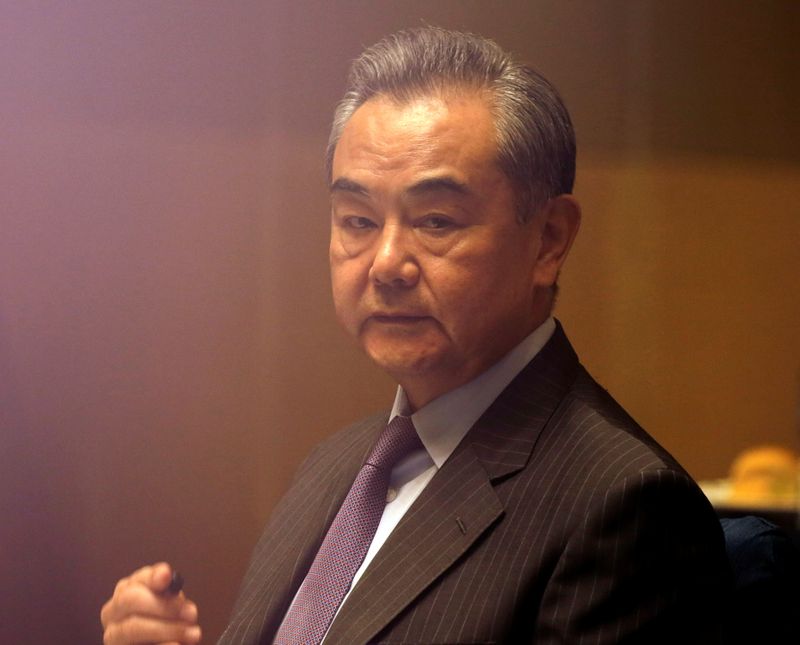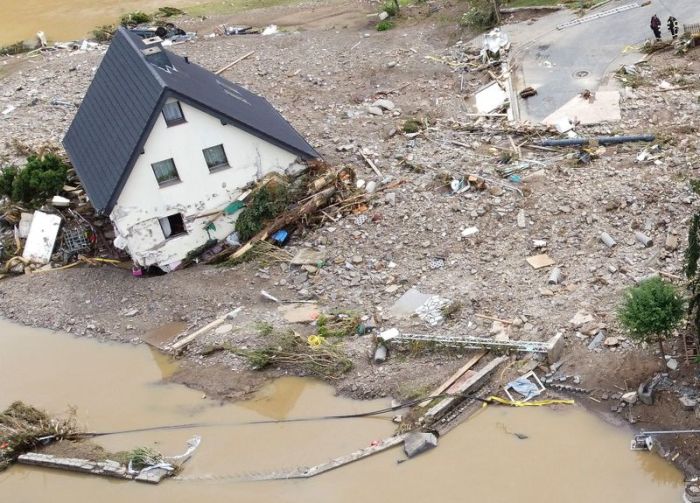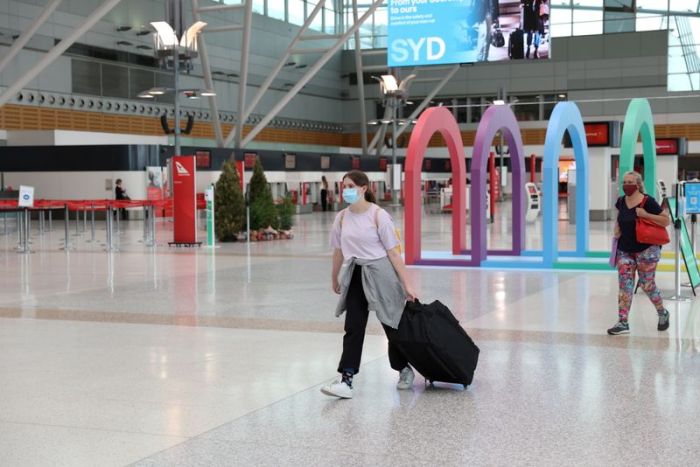ISLAMABAD/BEIJING (Reuters) -Pakistan said on Thursday traces of explosives had been detected during an initial investigation into a bus blast that killed 13 people, including nine Chinese workers, and said a terrorist attack could not be ruled out as the cause of the incident.
Wednesday’s blast in northwest Pakistan sent the bus hurtling over a ravine. Beijing initially said it was a bomb attack but later backed away from the assertion and said it would send a team to help investigate.
Pakistan originally blamed a mechanical failure, but on Thursday Information Minister Fawad Chaudhry tweeted: “Initial investigations… have now confirmed traces of explosives. Terrorism cannot be ruled out.”
China is a close ally and major investor in Pakistan, and various anti-Pakistani government militants have in the past attacked Chinese projects.
The Chinese workers killed on the bus were employed at the Dasu hydroelectric project, part of the China-Pakistan Economic Corridor (CPEC), a $65 billion investment plan aiming to link western China to the southern Pakistani port of Gwadar.
CPEC is part of Beijing’s massive Belt and Road Initiative.
Chaudhry said Pakistani Prime Minister Imran Khan was personally supervising all developments in the matter.
“In this regard government is in close coordination with Chinese embassy, we are committed to fight menace of terrorism together,” Chaudhry added in his tweet.
‘LESSONS’
Zhao Lijian, a Chinese foreign ministry spokesman, told a regular briefing earlier on Thursday that China would cooperate closely with Pakistan in the investigation.
On Wednesday, Zhao had called the blast a “bomb attack” but Pakistan said a mechanical failure caused a gas leak that led to the explosion.
Senior Chinese diplomat Wang Yi met Pakistani Foreign Minister Shah Mahmood Qureshi on Wednesday and urged Pakistan to investigate the blast but he stopped short of calling it an attack, the Chinese foreign ministry said on its website.
However, Wang told Qureshi that if it was indeed an attack, Pakistan should immediately arrest the culprits and punish them severely.
Wang, who is China’s State Councillor and foreign minister, said “lessons should be learned” and both sides should strengthen security measures for China-Pakistan cooperation projects to ensure their safe and smooth operation.
Wang and Qureshi spoke in Dushanbe, the capital of Tajikistan, on the sidelines of a foreign ministers’ meeting of the Shanghai Cooperation Organisation.
(Reporting by Yew Lun Tian and Cate CadellEditing by Robert Birsel and Gareth Jones)




















